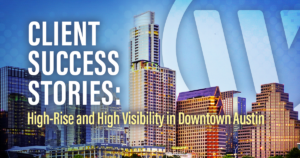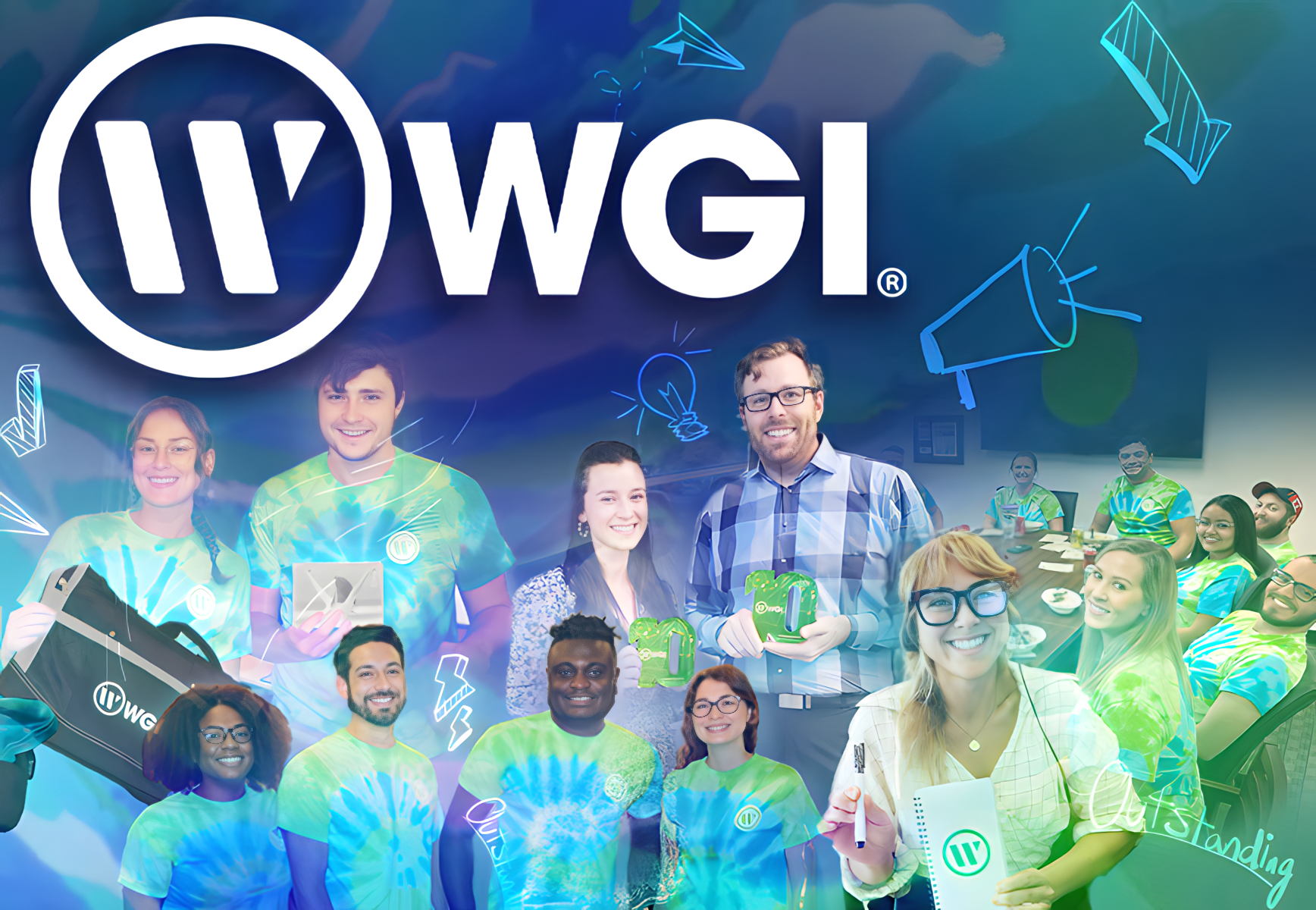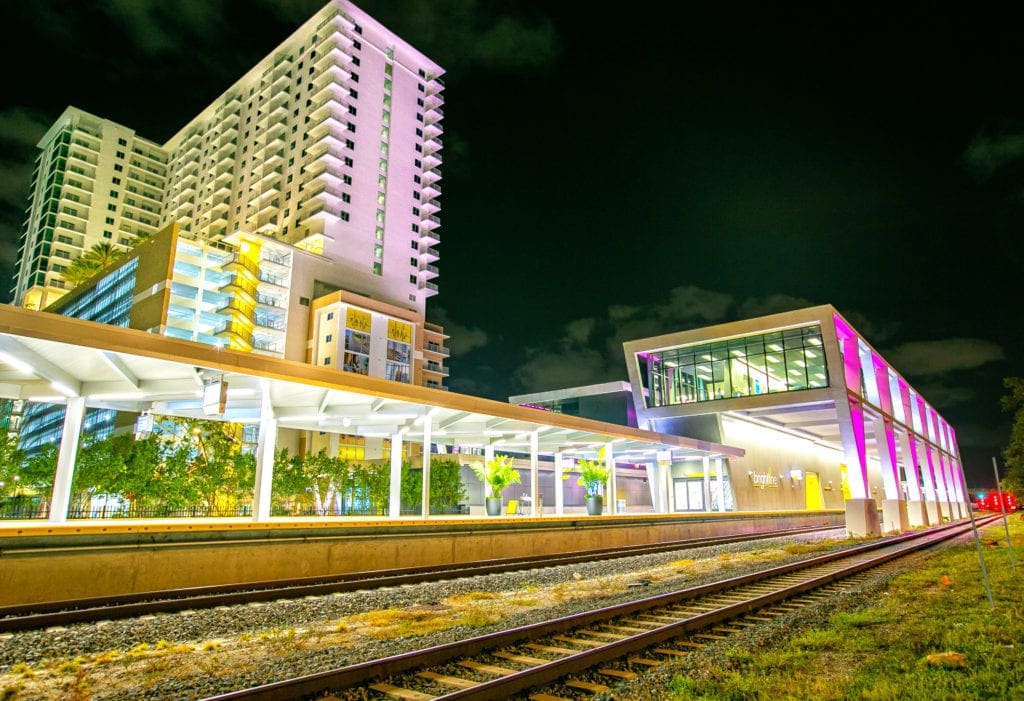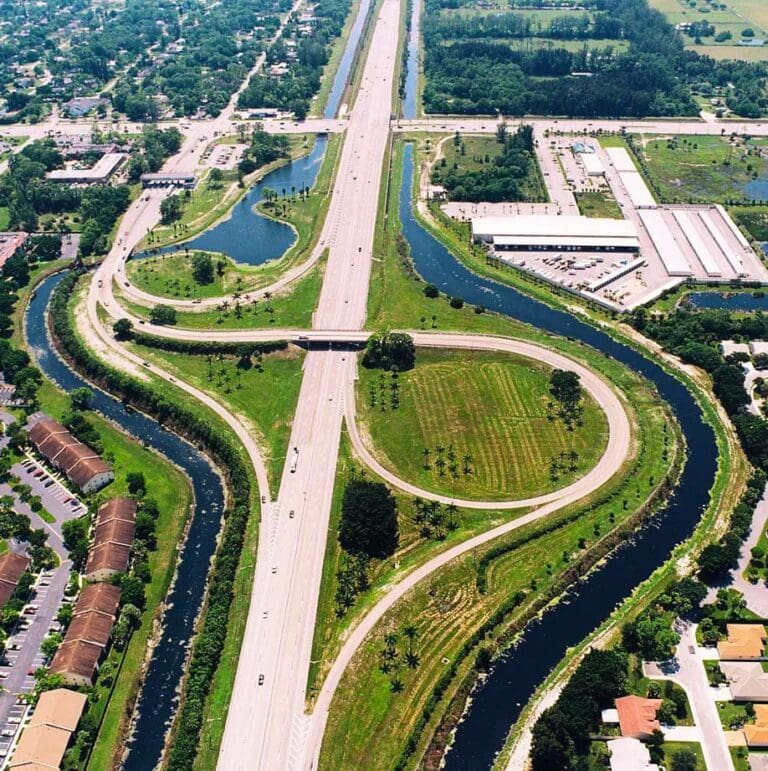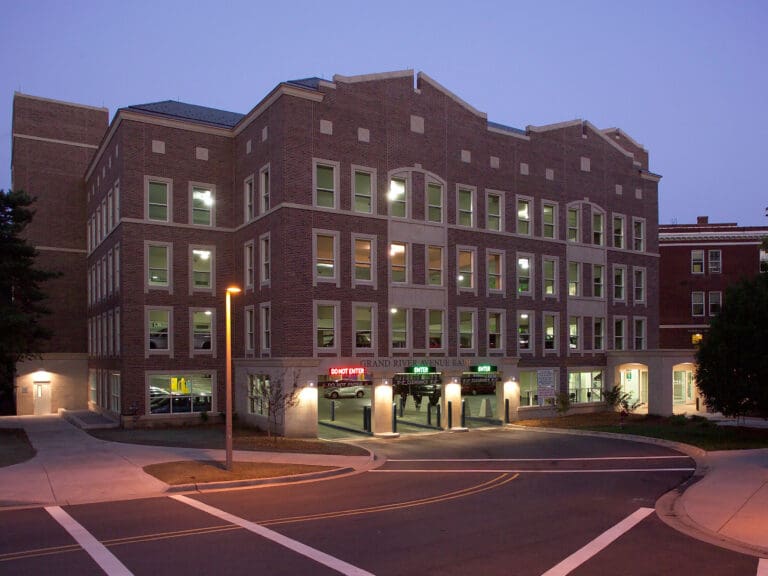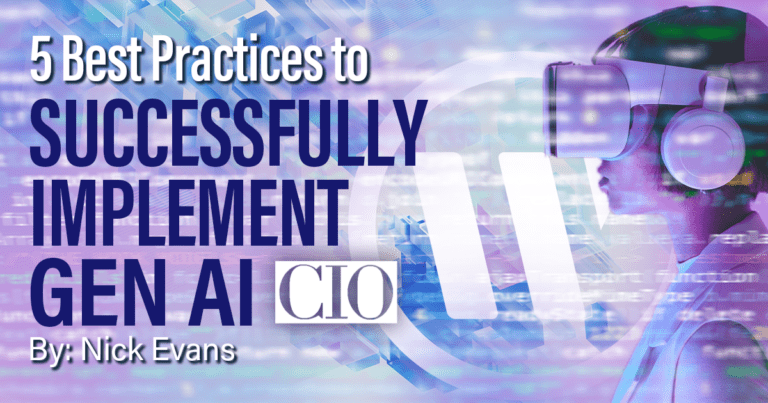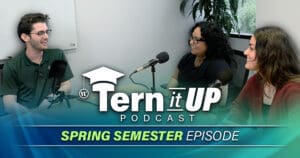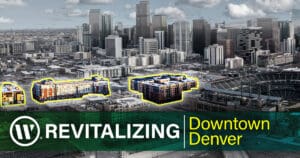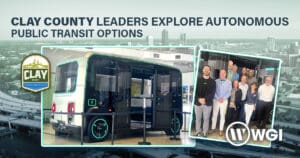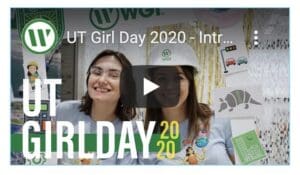Listening is one of the most important skills we can develop and it has a major impact on the quality of our relationships with others. Research suggests that we only remember 25% – 50% of what we hear. How does that make our clients, supervisors, and colleagues feel? Are we also missing the most important parts in the other 50% — 75%?
One of the biggest communication problems we face is that we don’t listen to understand what the other person is saying. We listen to respond. In the time that we spend crafting that response in our head, we are losing out on what the other person is trying to convey. Active listening is a skill everyone should learn, in order to listen to understand. An excellent active-listening tool is called LAER, which is an acronym that stands for Listen, Acknowledge, Explore, Respond.

The Entire Active Listening Process
Let’s start with listen. Give the speaker your undivided attention. Put aside any distracting thoughts you may have. Be sure that you are making eye contact so they know you are paying attention. Be patient, let them move the conversation at their pace, not yours. And respect the pauses. Don’t rush the other person. If you let the pause sit for a moment, they will fill the silence.
During the acknowledge phase, you will develop rapport. Make sure to reflect on what is being said, then support or validate what you are hearing. A simple nod of your head or phrases like, “of course” or, “that makes sense” demonstrate to the other person that you are truly listening to what is being said.
Once the conversation moves to you, avoid jumping directly to a response. In the explore phase, you can ask questions to gain a better understanding of the situation and discover the underlying objectives. Be involved in the conversation and make a sincere effort to ask questions to seek an understanding of the problem’s complexity. Here are some examples of explore questions:

The Explore Loop
-Why do you say that?”
-“Let’s make sure I understand…”
-“Is that a common problem?”
-“I’m not sure I get that…”
-“Would you please build on that thought?”
After you have asked your exploratory questions, it is time to go back to listen. Listen carefully to their responses and acknowledge what they say. This may lead you to more exploring questions. You could go through the listen-acknowledge-explore cycle several times before you feel that you have a well-rounded understanding of the issue and can develop an appropriate response.
That response should deliver value to the conversation’s other party. You can provide solutions, suggest alternatives, recommend others with expertise to help them. An effective response may demonstrate insight into their current challenge, provide a unique perspective, or identify previously overlooked or unrecognized opportunities.
Active listening is designed to encourage respect and understanding. You are gaining information and perspective. It takes a lot of concentration to be an active listener. Start using these techniques to become a better communicator, develop better relationships, and improve your productivity. Plus, you’ll avoid conflict and misunderstandings. All of these lead to workplace success.
